JKPSC KAS Mains 2022 Psychology Paper 1:
INSTRUCTIONS
Please read each of the following instructions carefully before attempting the paper.
(i) There are eight questions divided in two Sections and printed in English. Candidate has to attempt Five questions in All. Questions No. 1 and 5 are compulsory and out of the remaining, any Three are to be attempted choosing at least One question from each Section. The number of marks carried by a Question/Part is indicated against it. Answers must be written in English in Question-Cum-Answer (QCA) Booklet in the space provided.
(ii) Your answer should be precise and coherent.
(iii) If you encounter any typographical error, please read it as it appears in the text book.
(iv) Candidates are in their own interest advised to go through the general instructions on the back side of the title page of the Answer Script for strict adherence.
(v) No continuation sheets shall be provided to any candidate under any circumstances.
(vi) No blank page be left in between answer to various questions.
SECTION- A
1. Answer the following questions in about 150 words each: (5 x 10 = 50)
(a) Discuss how attitudes are influenced by cognitive dissonance and reciprocal determinism.
(b) What is objective introspection?
(c) What is the role of neuroplasticity in learning and memory?
(d) Discuss how heavy media coverage of the pandemic may have led to overestimating health risks due to the availability heuristic.
(e) Discuss the ‘critical period hypothesis’ of language development with the help of a suitable case study.
2. (a) Do the assumption of ‘ego psychology’ break free from ‘Freudian Psychoanalysis’? Respond in light of the evolution in the psychodynamic perspectives. (20)
(b) “Display of Violence in media has no influence on aggression.” Discuss in the light of cross cultural research. (15)
(c) Examine how H. M.’s case (who had surgery to relieve debilitating epileptic seizures in 1953) contributed to the understanding of the anatomical correlates of memory. (15)
3. (a) Critically analyse the Person Centred Therapy. (20)
(b) What are the neurological underpinnings of circadian rhythms? (15)
(c) “Advances in Neuroscience and neuropsychology are changing the face of Psychology.” Discuss using relevant examples. (15)
4. (a) Discuss the key differences between Skinner’s and Chomsky’s views on language development. (20)
(b) Elaborate on the basic steps of the scientific method in Psychology with the help of examples.
(c) Illustrate the use of quasi-experimental design in psychological research. (10)
SECTION- B
5. Answer the following questions in about 150 words each: (5 x 10 = 50)
(a) Discuss how understanding psychological principles can help in other areas of social sciences.
(b) What functions do emotions serve?
(c) Describe Broadbent’s model of selective attention. Why is it called an early selection model?
(d) Discuss the brain mechanisms underlying the thirst motive.
(e) How are heuristics useful in problem-solving?
6. (a) Discuss the changes observed in the sympathetic and parasympathetic nervous systems in mindfulness meditation. (20)
(b) Describe the ‘phonological similarity effect’ and the ‘effect of articulatory suppression’. What do these effects indicate about the phonological loop? (15)
(c) Examine the psychological impact of rapid physical development in adolescence. (15)
7. (a) With the help of examples, discuss how emotions influence decision-making. (20)
(b) What are flashbulbs memories? How are they encoded. (15)
(c) Critically evaluate the utility of Gardner’s theory of multiple intelligence in understanding the concept of intelligence. (15)
8. (a) What are the characteristics of effective communication? How can an individual communicate more effectively? (20)
(b) Discuss Dr. Maxwell Maltz’s theory of psycho-cybernetics. (15)
(c) Compare and contrast the Rorschach and TAT tests. (15)
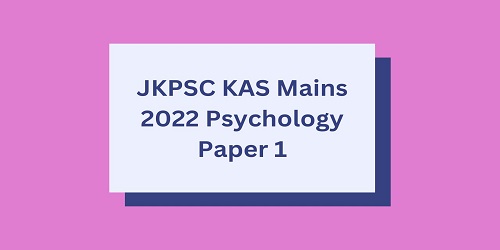
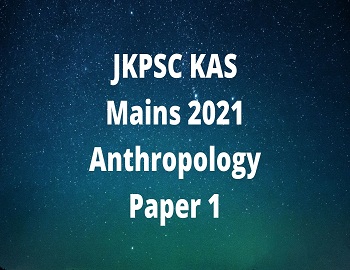
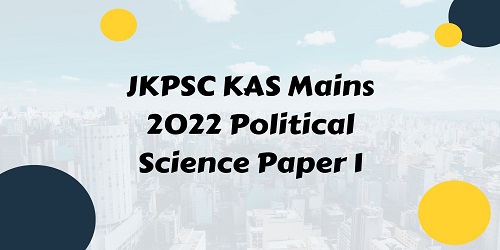
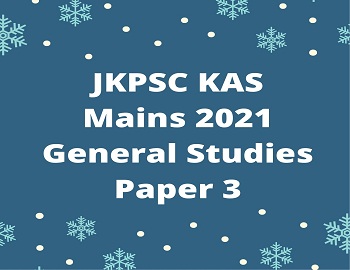
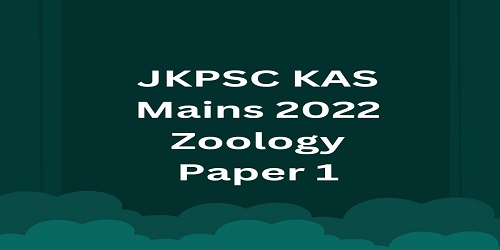
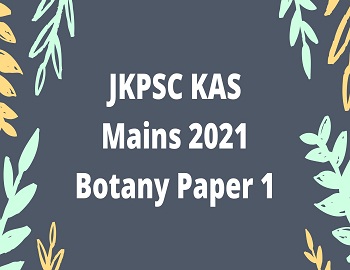
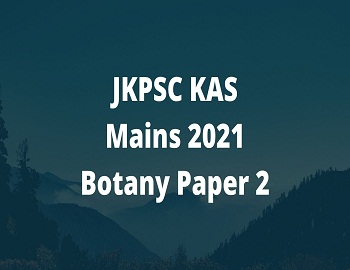
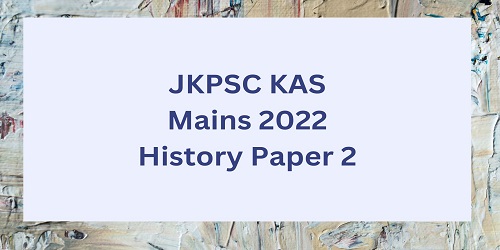
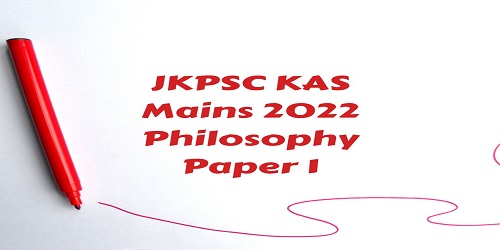
Comments (No)